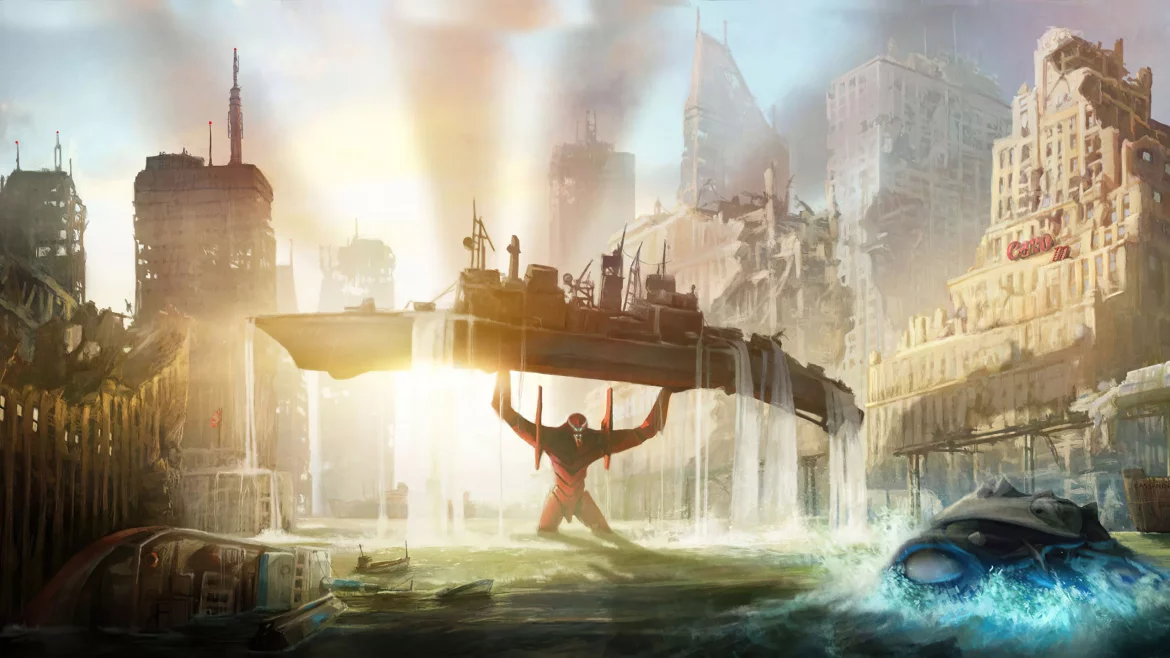Neon Genesis Evangelion” is not merely an anime series; it has evolved into a cultural phenomenon since its initial TV broadcast in 1995. Created by Hideaki Anno and produced by Gainax, it quickly became known for its deep psychological and philosophical themes, complex characters, and symbolic storytelling that blends apocalyptic plots with teen angst and metaphysical questions. Its popularity spurred a series of films that expanded on and reinterpreted the original storyline, giving birth to what is now known as the Evangelion cinematic universe. This article explores each of these films, their narrative significance, and their overall impact on anime as a cinematic art form.
The Genesis of Evangelion: From Television to the Big Screen
“Neon Genesis Evangelion” first aired on Japanese television in October 1995 and concluded in March 1996. The series’ ending was met with mixed reactions due to its abstract presentation and budget limitations. This response led to the development of two additional films intended to provide a more conventional conclusion to the series.
“Neon Genesis Evangelion: Death & Rebirth” (1997)
Released in March 1997, “Neon Genesis Evangelion: Death & Rebirth” is composed of two parts: “Death” and “Rebirth”. “Death” is essentially a recap of the 24 episodes of the TV series, re-edited with additional scenes. “Rebirth” comprises the first 30 minutes of what would later be expanded into the next movie, “The End of Evangelion”.
“The End of Evangelion” (1997)
Premiering on July 19, 1997, “The End of Evangelion” was produced as an alternative ending to the original series. This film is split into two episodes, “Episode 25′: Air” and “Episode 26′: My Purest Heart for You (Sincerely Yours)”. It presents a more explicit sequence of events, providing closure to the series’ complex themes and character arcs. “The End of Evangelion” is often regarded as a masterpiece of animation, blending breathtaking visuals with a deeply emotional and layered narrative.
Rebuild of Evangelion: A Cinematic Reimagining
In 2007, Hideaki Anno set out to remake the Evangelion series through the “Rebuild of Evangelion” film series. This project was intended to retell the original story with modern animation techniques, updated character designs, and a restructured plot. Unlike the original films, the Rebuild series introduces new characters and significantly alters the storyline from the halfway point of the series.
“Evangelion: 1.0 You Are (Not) Alone” (2007)
This film is a retelling of the first six episodes of the original series, with minor changes to the plot and updated visuals. It serves as an introduction to the characters and the existential threats they face.
“Evangelion: 2.0 You Can (Not) Advance” (2009)
The second entry in the Rebuild series starts to deviate significantly from the original television series. It introduces new characters and dynamics, setting a different trajectory for the storyline. The film was well-received for its action sequences and deeper character development.
“Evangelion: 3.0 You Can (Not) Redo” (2012)
Taking a radical departure from the original plot, this third film in the series presents a significantly altered post-apocalyptic world and focuses heavily on the psychological turmoil of the main characters. It is noted for its thematic depth and complex narrative structure.
“Evangelion: 3.0+1.0 Thrice Upon a Time” (2021)
Released after several delays, this final installment concludes the Rebuild series and, ostensibly, the Evangelion saga. It attempts to provide a definitive ending that resolves the emotional and existential conflicts introduced throughout the series. The film received acclaim for its resolution of longstanding character arcs and its visual spectacle.
Analyzing the Impact of Evangelion Films on Anime and Pop Culture
The Evangelion films have had a profound impact on the landscape of anime and beyond, influencing various media and spawning countless adaptations and merchandise. They are celebrated for their artistic ambition, complex narrative, and the way they address challenging themes such as depression, existential dread, and human fallibility.
Philosophical and Psychological Depth
One of the most notable aspects of the Evangelion films is their exploration of deep philosophical and psychological themes. The series delves into issues of individual identity, the nature of existence, and the human psyche, making it a subject of study and discussion in academic and fan circles alike.
Influence on Anime Filmmaking
Evangelion has also pushed the boundaries of anime filmmaking, with its innovative animation techniques, narrative structure, and character development. It has set new standards for what can be achieved in anime, influencing a generation of creators and artists.
Conclusion: Evangelion’s Enduring Legacy
The Evangelion films collectively represent a monumental achievement in the history of animation. They not only continue to enrich the Evangelion narrative but also challenge and expand the conventions of the anime genre. As of now, the series comprises five major films that have each contributed to the saga in unique ways, leaving an indelible mark on pop culture and the arts. As fans and critics continue to dissect and discuss their meanings and implications, the legacy of Evangelion’s films is assured, resonating through the annals of cinematic history long into the future.


